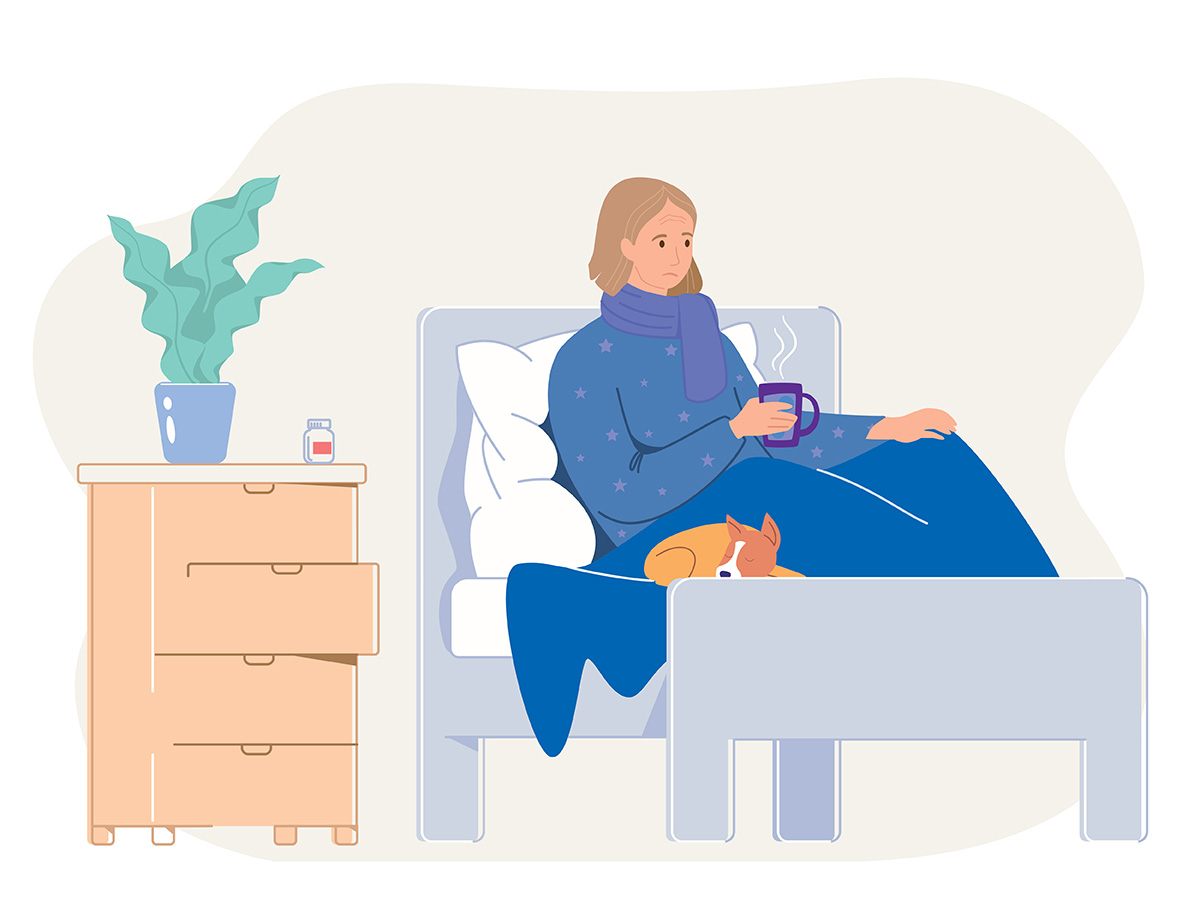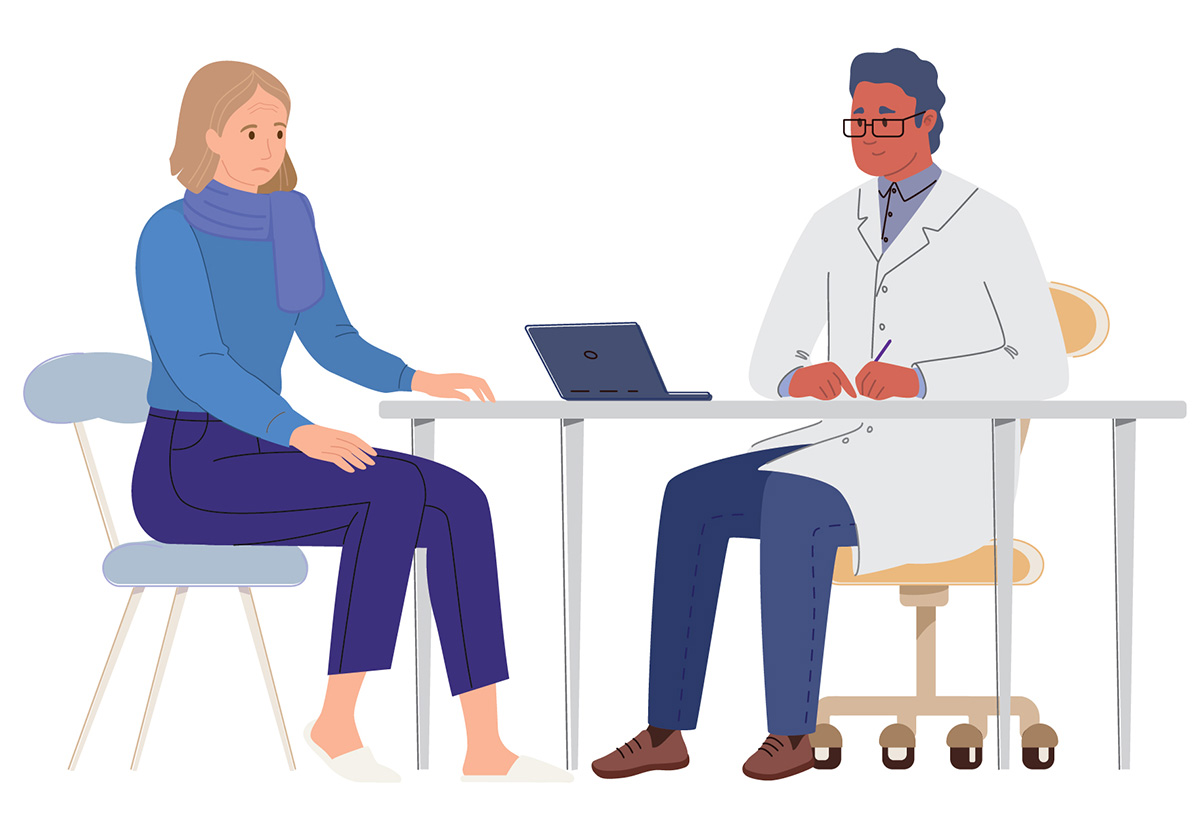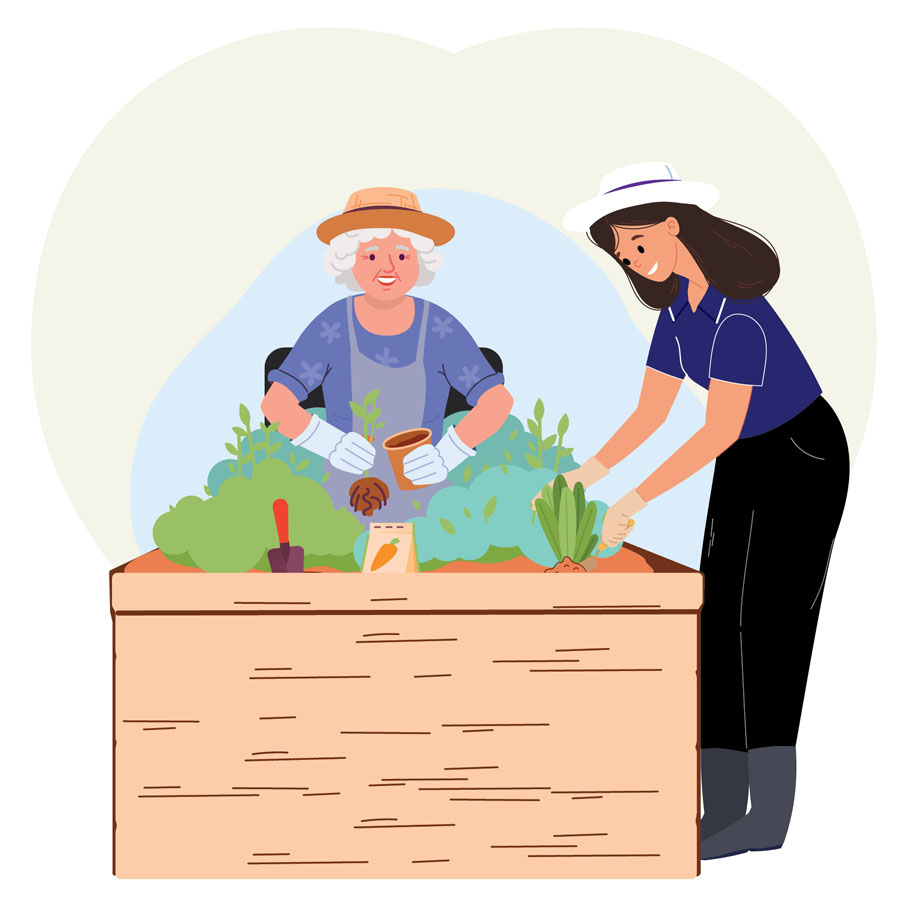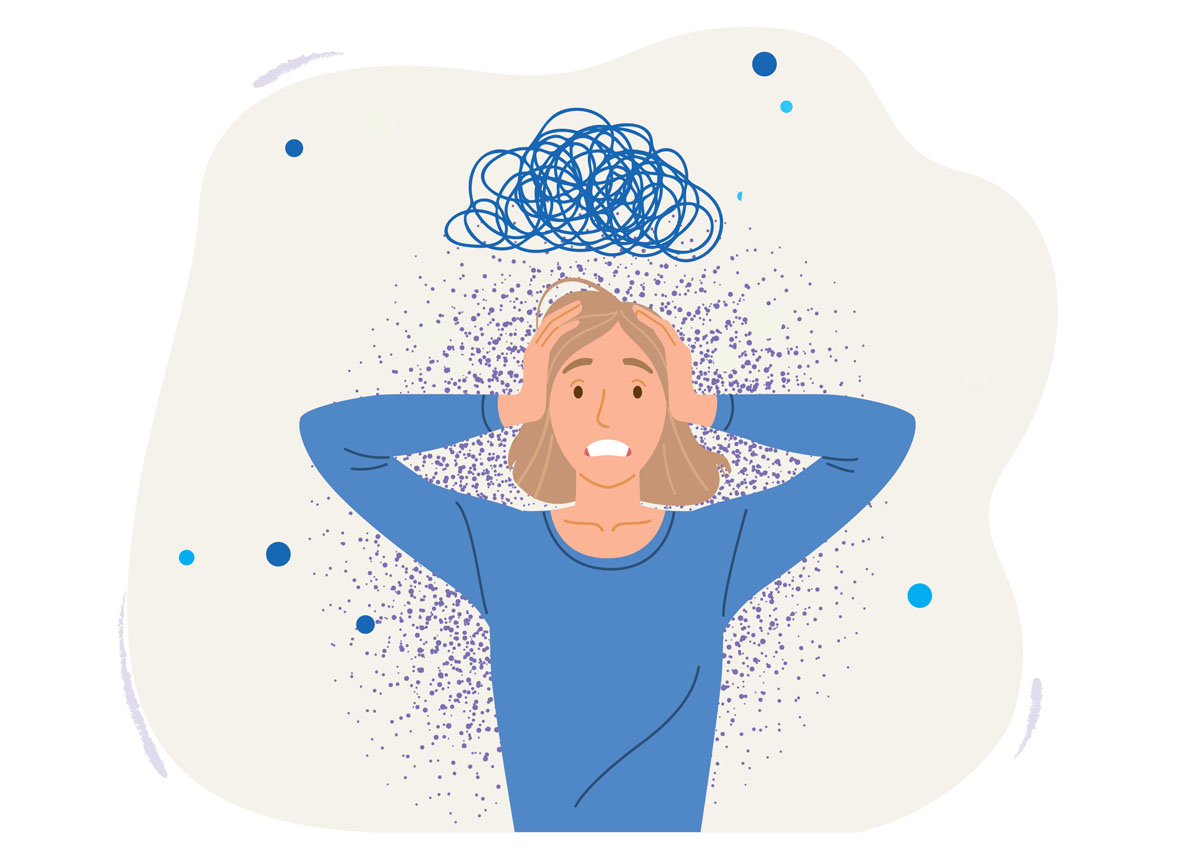Find respite care with St Vincent's
St Vincent's offers respite care across major cities and areas including Brisbane, Gold Coast, Sunshine Coast, Toowoomba, Townsville, Sydney & Melbourne.
From respite services in our aged care homes to respite support in your home, we can support you when you need a break as a caregiver.









